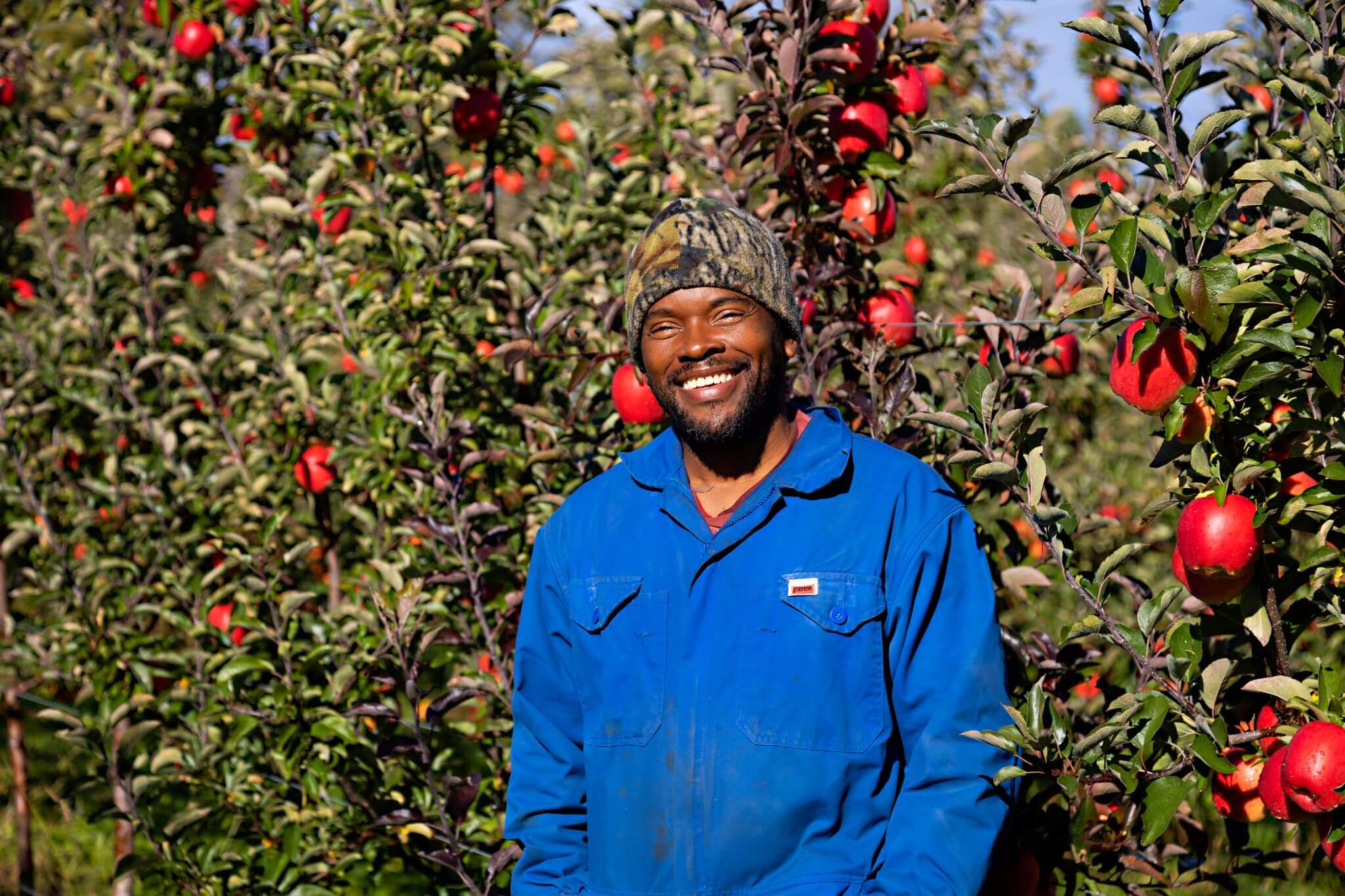Results from a recent report released by an independent international taskforce paint a picture of migrant farm workers in Ontario that isn’t often seen by the public: people who are proud of the work they do to feed Canadians and whose jobs on Ontario farms make a positive difference in their lives and those of their families.
The findings stem from a fact-finding report commissioned last year by the Jamaican government in response to allegations of poor working conditions for Jamaicans employed on Ontario fruit and vegetable farms through the government-regulated Seasonal Agricultural Worker Program (SAWP).
Every year, thousands of seasonal farm workers from Jamaica, Mexico, and the Caribbean come to Ontario through SAWP. Thousands more are here year-round on work permits through the agricultural stream of the federal government’s Temporary Foreign Worker (TFW) program.
Most Ontarians aren’t aware of the key role these workers play in growing and harvesting Ontario’s more than 120 local fruit and vegetable crops, and many have misconceptions about the workers’ experiences in Ontario.
Jamaican Carlos Baker has been working on an Ontario apple orchard for nine years. A carpenter and construction foreman when he’s at home, he’s proud of his job in Canada – and wants Canadians to know that.
“I want people to know that we are nice people, that we love Canadians, and we love Canada,” Baker says. “We love what we do, and we want Canadians to know that.”
Obtaining approval to come to Canada as part of SAWP or the TFW program is a coveted opportunity. It’s a competitive process, and not everyone who applies to come is accepted.
:format(webp)/https://www.thestar.com/content/dam/thestar/uploads/2023/06/27/ec-0.jpg)
Ermel Colli
Ermel Colli lives in Mexico’s Yucatán state and applied twice for SAWP before securing a job with a Niagara Region grape grower to improve life for his family. His oldest child is studying accounting, one is in high school, and one is in elementary school.
“I have been coming to Canada for two years to work,” Colli says. “The best part of working in Canada is working in the fields, and I like being able to learn.”
Another common misconception is that these work permit programs fail to provide international farm workers with adequate rights and protections. That’s because media and public attention is mostly directed at a third segment of migrant workers who are undocumented and without legal work permits – a precarious status that leaves them vulnerable to mistreatment, regardless of which sector of the economy they work in.
In fact, SAWP and TFW workers have the same rights and privileges as Canadians, and workers have access to a multilingual, 24/7 federal government support line workers can use to raise concerns and seek help relating to their current employment.
As well, farmers who employ migrant farm workers under Canada’s two officially recognized temporary foreign worker programs are subject to frequent federal, provincial, and foreign government employer compliance inspections.
According to the Ontario Fruit and Vegetable Growers’ Association (OFVGA), these employers have the same and in some cases higher obligations to their foreign workers as they do for their Canadian employees. This includes government approved wage rates, access to health care under OHIP, workplace insurance coverage and safety protection, and access to Employment Insurance and the Canada Pension Plan.
Leon Brown has been coming from Jamaica to Canada annually since 1990. A farmer back home, he works at Meyers Fruit & Flower Farm in Niagara Region, where he’s just started his final year of employment. That’s because Brown turns 65 this year and will be retiring at the end of the season.
“This is my last year in Canada. I could have stayed home this year, but I decided to work one more year,” he says. “I’ll be eligible for a pension when I retire. I’m looking forward to that; that’s a great opportunity. I’ll keep doing my own farm to keep me busy.”
Like Brown, many SAWP workers have their own businesses back home that they run when they’re not in Canada. In fact, it’s their jobs here that have helped them establish and grow those businesses, from restaurants to produce markets, and create jobs in their local communities.
“The (Jamaican) report highlights the strong sense of pride and self-fulfillment that the Jamaican workers derive from their farm work in Canada,” says Bill George, grape grower and chair of the OFVGA’s labour committee. “In a world where many people struggle with mental health and with finding a sense of purpose, we need to acknowledge and encourage things capable of elevating people’s pride and self-fulfillment.”
To learn more about migrant farm workers in Canada and read their stories, visit www.morethanamigrantworker.ca.

